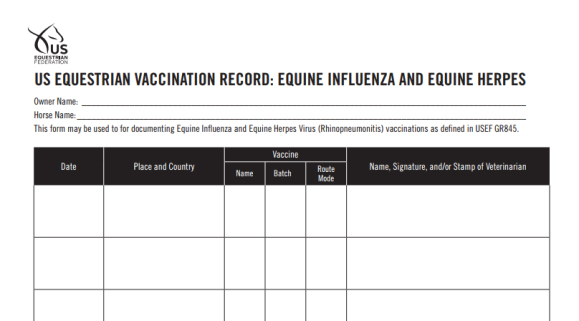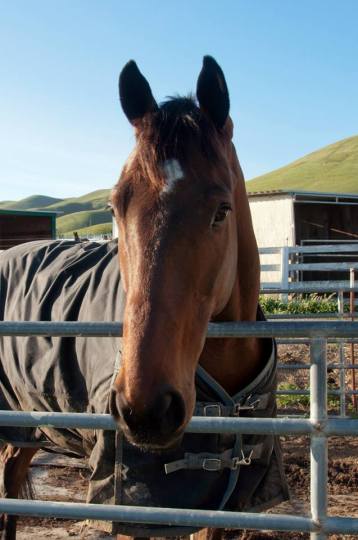Combat Infectious Disease! Lower your horse's risk.
13th Mar 2018
EHV-1, West Nile, Potomac Horse Fever, and many other infectious equine outbreaks in the news can easily send you into a negative spiral, especially if your horse travels and encounters other horses on a regular basis.

Know your horse – It’s good to know how to take vital signs and what your horse’s normal vitals are.
Don’t Share – Sharing may have been encouraged when you were a kid, but sharing equipment like brushes, boots, and buckets, can increase your horse’s risk of catching another’s bacteria, fungi, or germs.
Limit Socialization - If you can, minimize your horse touching nose-to-nose with unknown horses and discourage strangers from petting your horse if you are worried about an infectious disease.
Other Animals - Rodents and birds come hand in hand with equestrian lifestyle. You can’t stop every fine feathered friend from entering the barn. You can, however, limit the number of vector animals by keeping grain properly stored and locked, emptying garbage regularly, discouraging roosting and nesting, and keeping a dog or cat around. If an unknown animal becomes a nuisance, or looks and acts sick, be sure to contact your local animal control.

